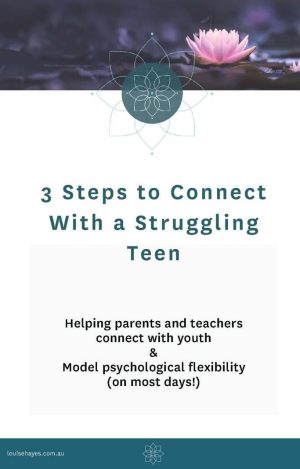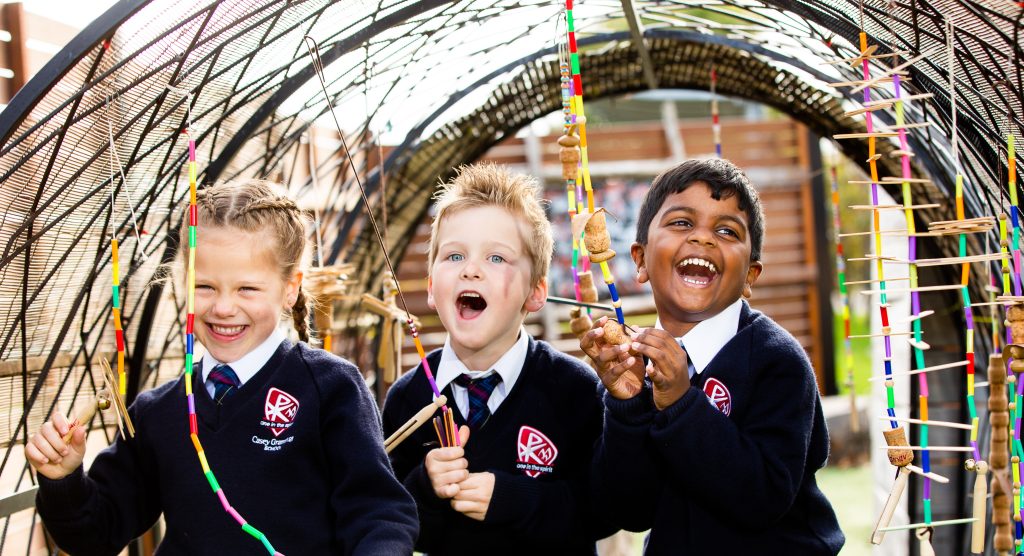Three Steps to Connect with a Struggling Teen
For this edition of the newsletter, I would like to share with you a very helpful resource written by clinical psychologist, academic, author, educator, trainer and speaker Louise Hayes (www.louisehayes.com.au) on the most effective ways to connect with a struggling teen. Louise is passionate about (and has done a lot of work around) supporting the adults in adolescents’ lives on how they can best support this age group in line with where they are at developmentally.
As we all know, adolescence is a time of significant growth and development inside the teenage brain. Because the prefrontal cortex (which is the problem solving, logical thinking and impulse controlling part of the brain) is still developing, teenagers might rely on a part of the brain called the amygdala (which is particularly sensitive to emotional stimuli during the teenage years) to make decisions and solve problems. The amygdala is associated with emotions, impulses, aggression
and instinctive behaviour. Louise Hayes’s steps take this into consideration, as well as age-appropriate developmental needs such as autonomy and independence.

Follow the link to read the article 3 Steps to Connect With a Struggling Teen
Happy reading!
Until next time!
Marisa Smit
CGS Psychologist

 945
945










